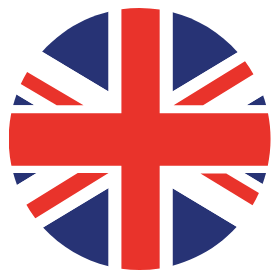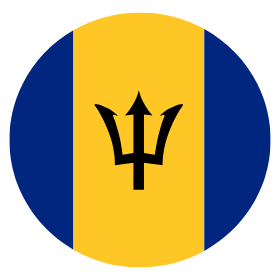Canadianvisa.org
We Make Immigration Simple
2018-02-23T10:26:18+00:00
2018-02-23T10:26:18+00:00
Your Immigration Process Starts Here!
CanadianVisa.org is a private recognized immigration agent and is not affiliated with the Canadian Government.
Privacy policy
Canada is one of the most dynamic and multicultural countries across the globe. Offering free public healthcare and education to all its citizens and permanent residents, it also has an extremely high quality of living and one of the strongest economies in the world. Canada’s immigration system has over 100 different visas and immigration programs to help you move to Canada in the simplest and quickest way.
See immigration programsFrom their home country to their new home in Canada, see how clients, like you, have made their Canadian dream a reality with CanadianVisa.org
Perry Maddison
Australia
Leandro Pires Garcia
Brazil
Solange Diamond
Ivory Coast
Shane Brown
Jamaica
Sam
Netherlands
Alexander Tometzki
United Kingdom
Andre & Kimberley
Barbados
Crystal Hilton
Dominica
Katherine Stewart
United Kingdom
Ela Doria
Mexico
Derrick Tuffour
Ghana
Manuel McBraun
Ghana
Thomas James
United Kingdom
Robin Alvarez
Dominican Republic
Emily Ultahan
United Kingdom
Amy Louise Heath
United Kingdom
Gita Surabhi
Australia
Charlene Baguio
Philippines
Pippa Stewart
Australia
Yuli Magaly & Asencio Giron
Spain
Marcel & Naiana Cristna
Brazil
Lauren & Christina
Ireland
Eucharia Ogbuehi
Nigeria
Charles Abarlo
Ghana
With our team of highly qualified and government trusted RCICs (Regulated Canadian Immigration Consultants) to guide you through the Canada immigration system, you can rest assured that your visa application is in the great hands.
By using our Canadian visa and immigration services, we’ll make sure that you receive the most comprehensive Canadian immigration strategy tailored to your individual needs.
LIFE IN CANADAWant to learn more about Canada? Subscribe to our newsletter and get an e-book on Canadian immigration filled with mesmerizing sights of Canada!
CanadianVisa.org is a private recognized immigration agent and is not affiliated with the Canadian Government.
Privacy policy














